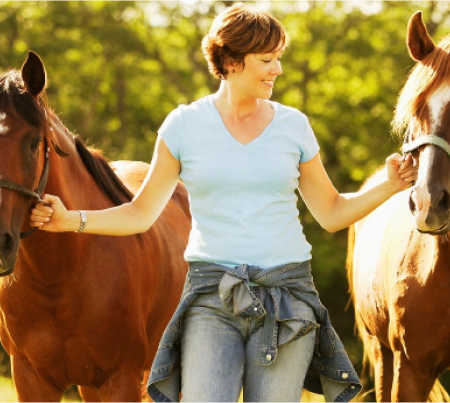Redmond Equine Blog
Read our extensive library of blog and resource articles for information about improving horse health and digestion, treating and preventing common issues like ulcers in horses, colic, diarrhea and dehydration, and many more topics.

